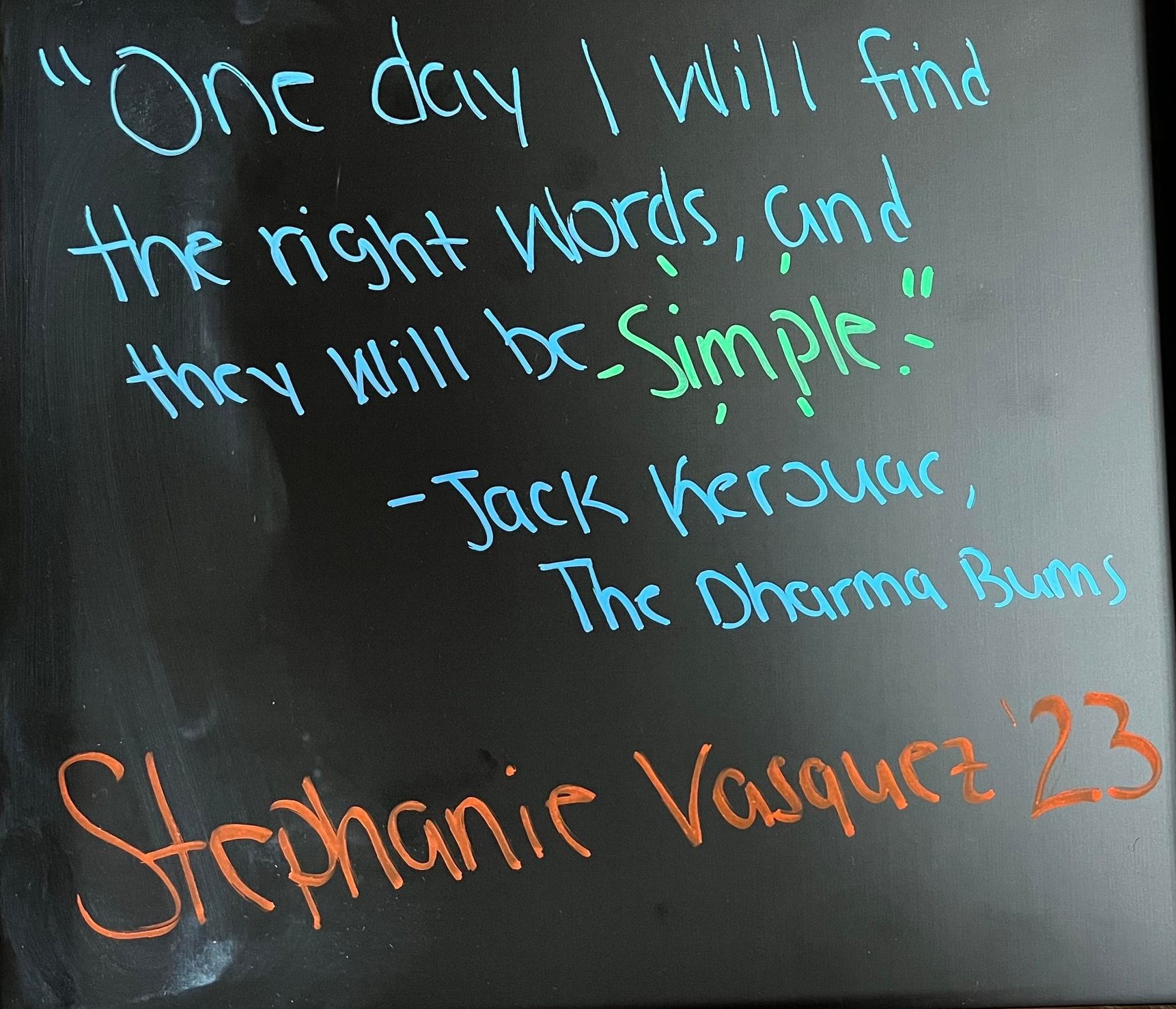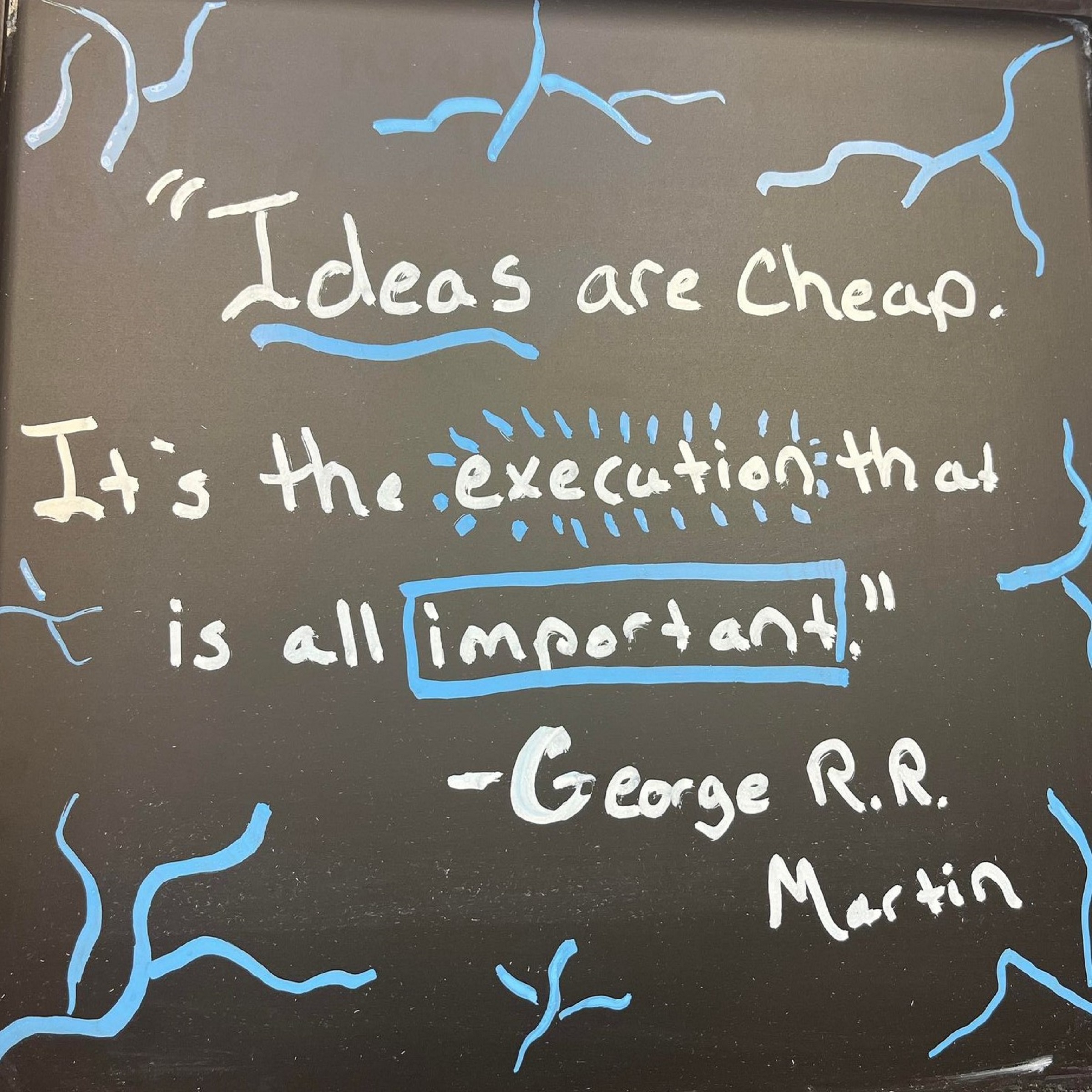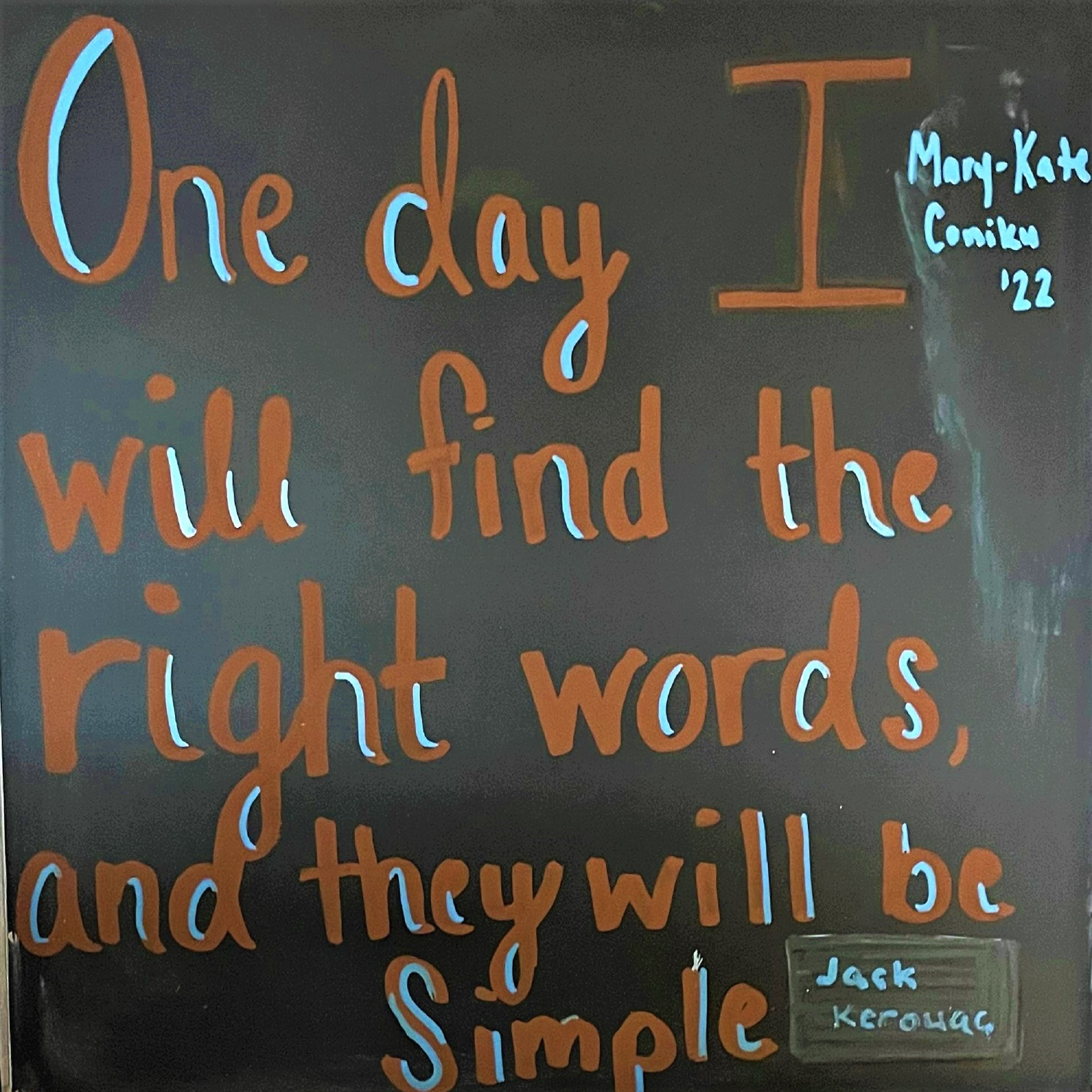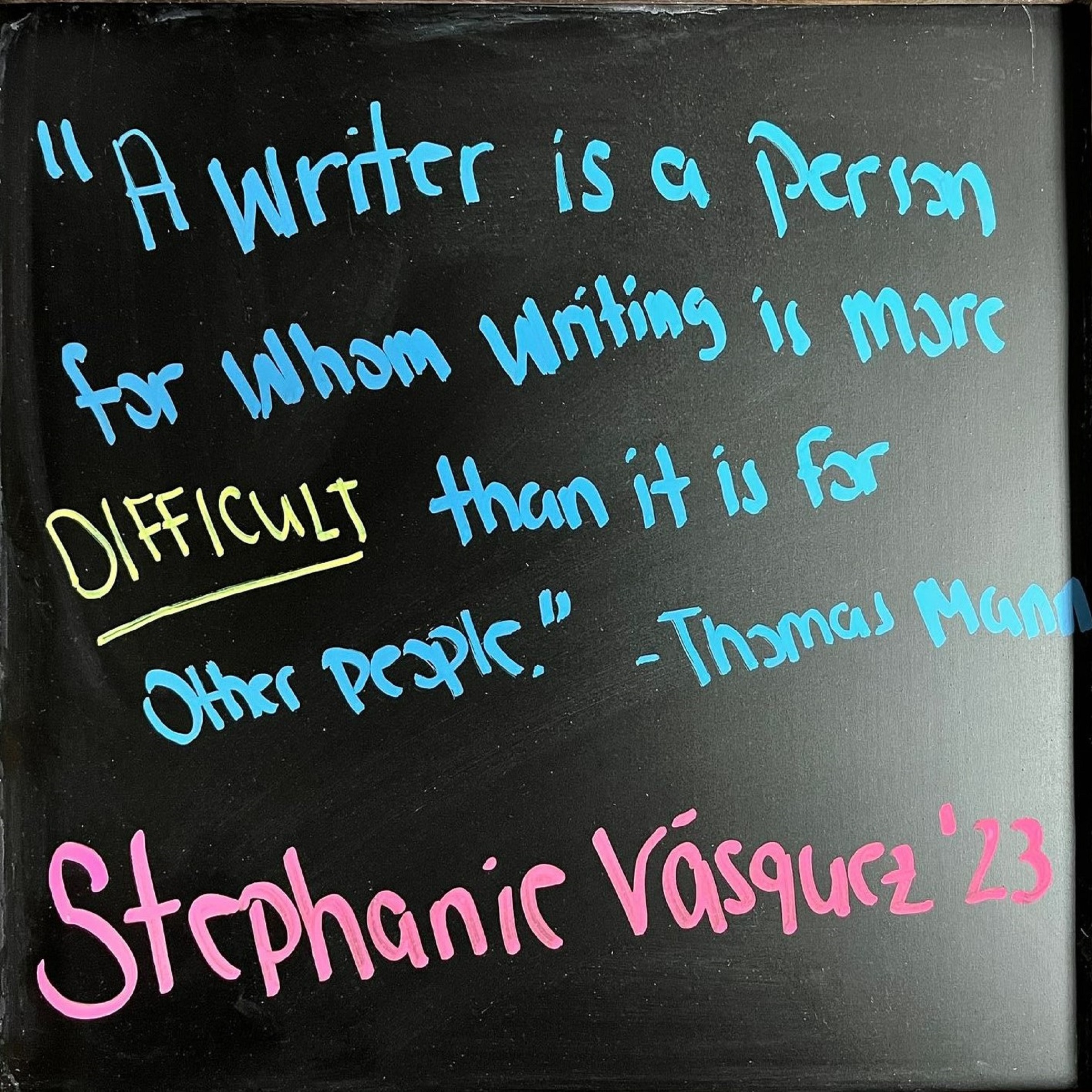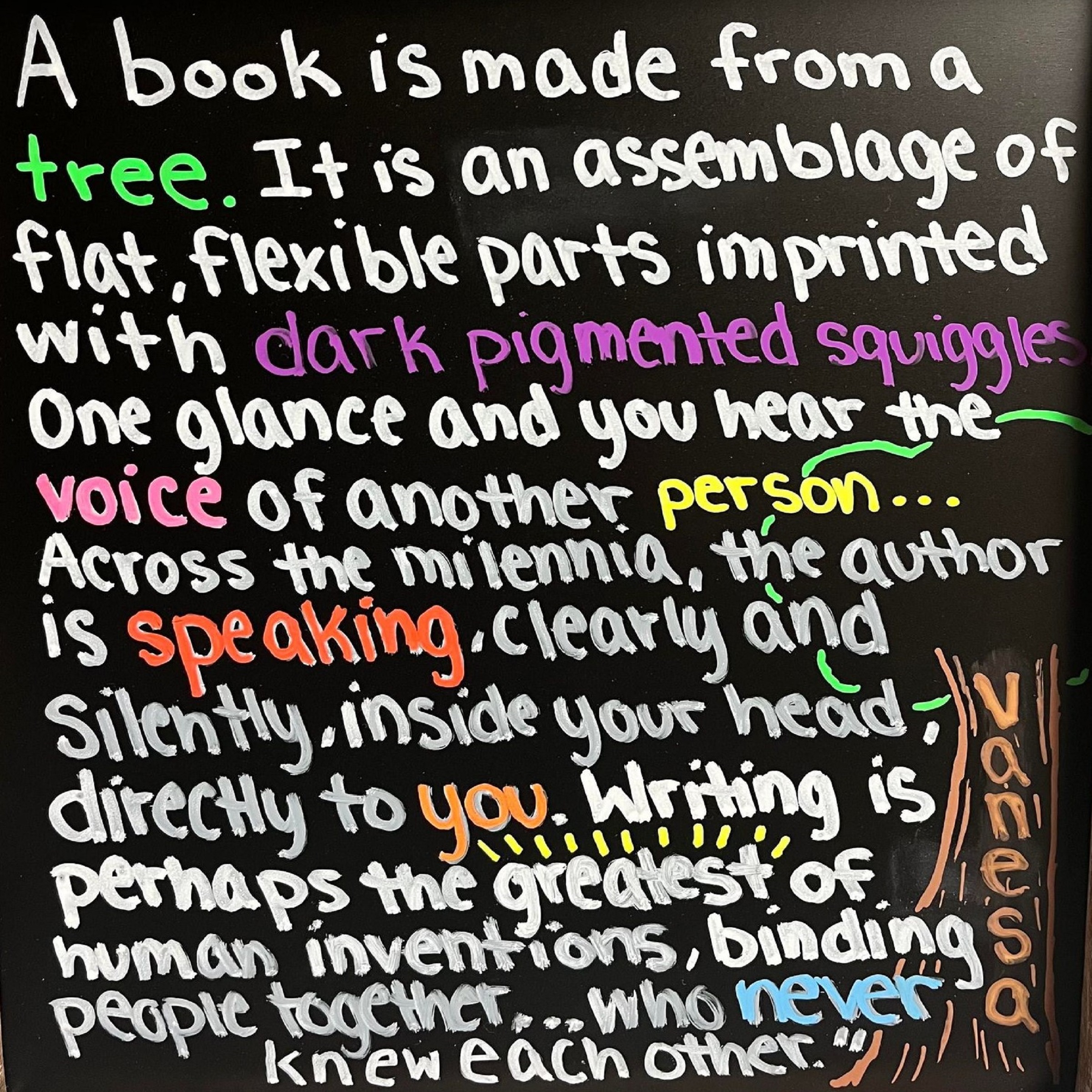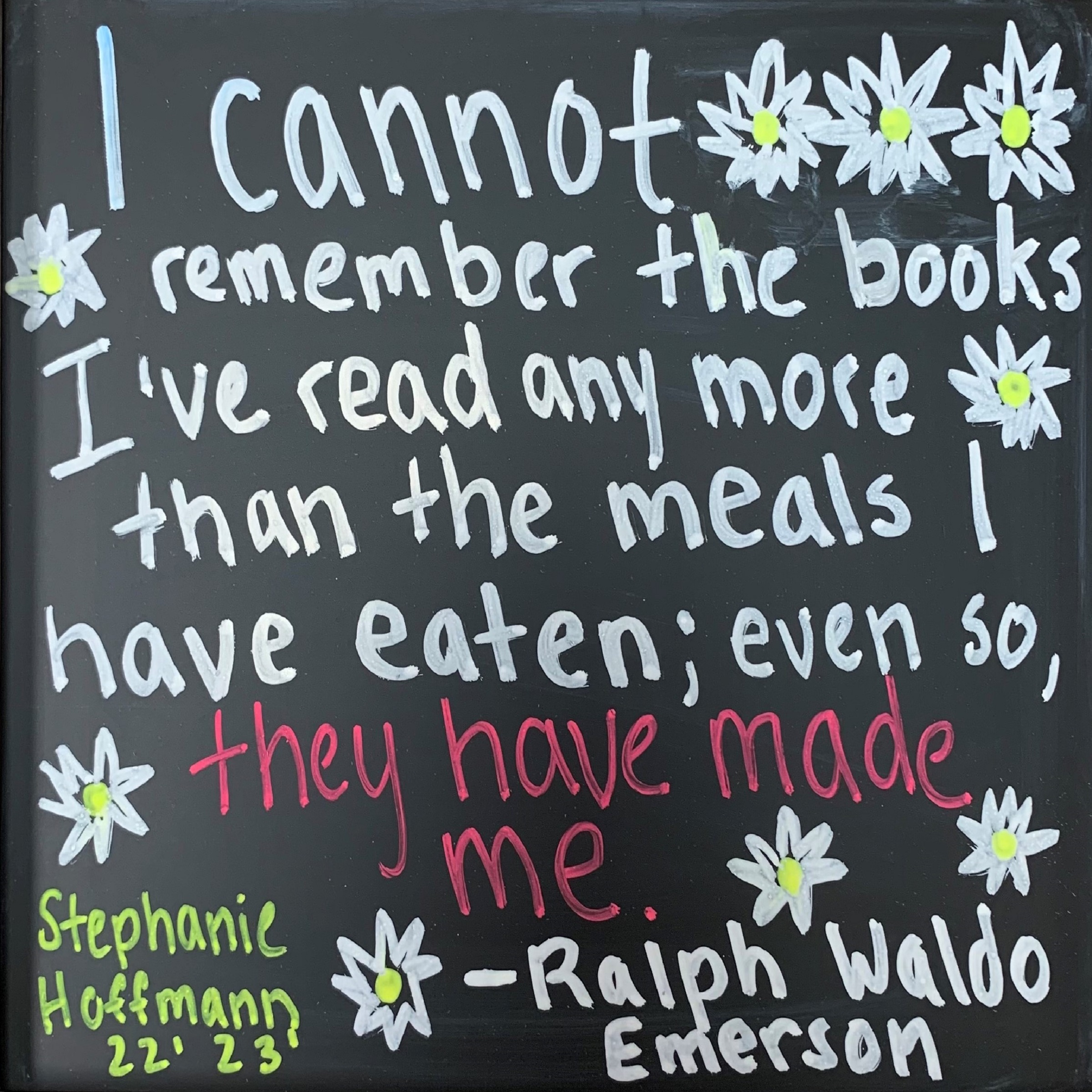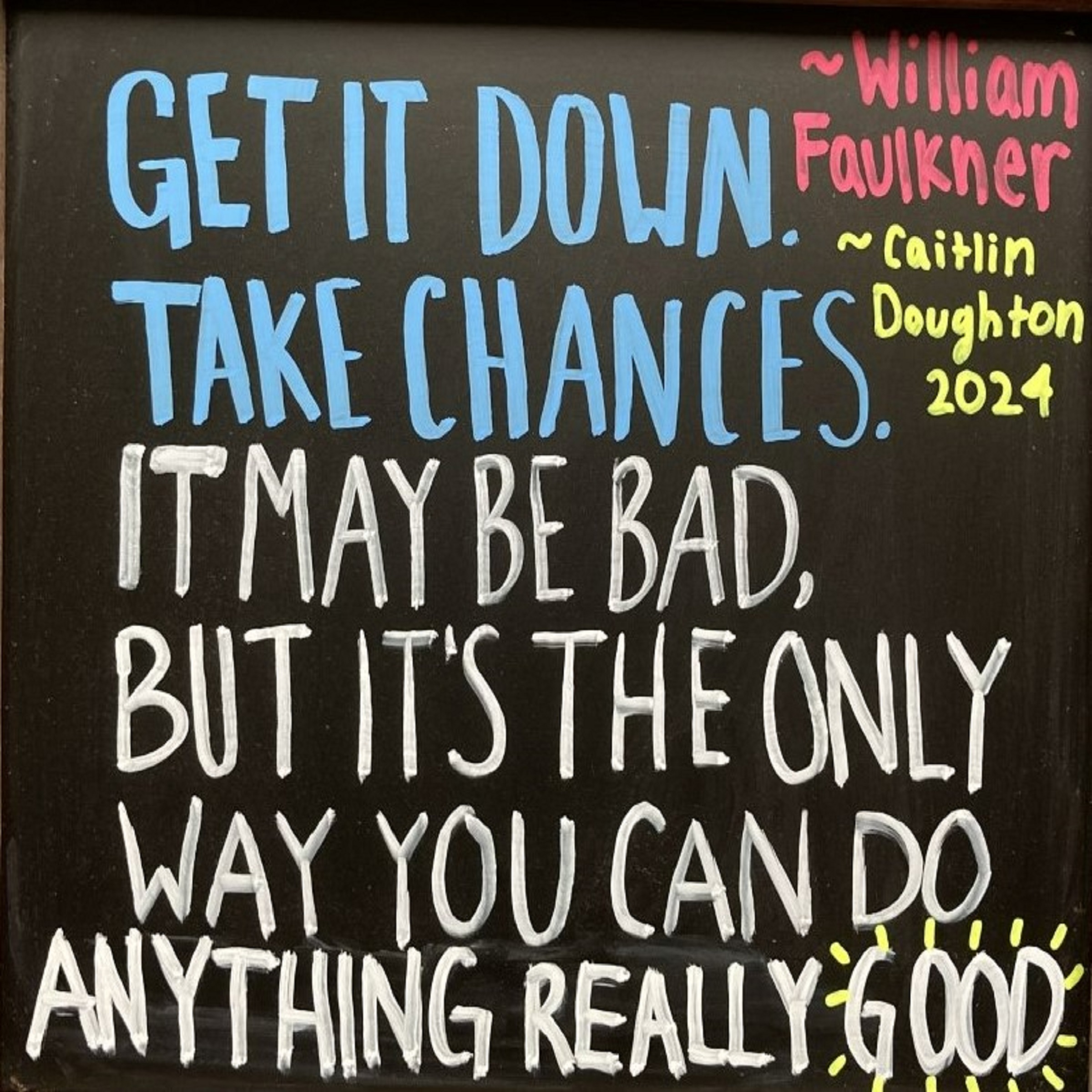By Kristen LeFebvre
As an occupational therapy student, you will have various writing assignments. Below are some general tips for writing in occupational therapy classes.
- Try to use the language of the Occupational Therapy Practice Framework (OTPF-4) whenever possible in assignments.
- The first time you are using an acronym, you need to write out the whole thing and put the acronym in parentheses. For example: American Occupational Therapy Association (AOTA). Once you use the acronym, you can use it throughout your paper without writing it out.
- In formal writing, including research, remove pronouns such as “I”, “me”, and “you”. If you are writing a reflection, you may use “I”, “me”, and “you”.
- Use the word “client” when referring to the person you are working with instead of the word “patient”. The word “client” emphasizes collaboration with the person and takes a step away from the medical model.
- When researching, try to find articles within the past 5 years (if possible). This gives you the most current evidence.
- When writing a pediatrics case study, make sure you address parental concerns and goals.
- Most papers will be written in APA format. You can find information on APA format here: https://sites.scranton.edu/writingcenter/archives/tag/apa
- Do not be afraid to reach out to your professor for clarifications on the assignment. If you are confused, always ask
Some terminology you may come across:
- Paradigm: A paradigm is made up of core constructs, focal viewpoints, and values. A paradigm provides an identity for a profession.
- Occupational therapy started with the paradigm of occupation then transitioned to the mechanistic paradigm. After that, it transitioned again to the current paradigm which is the contemporary paradigm.
- Theory: A way of thinking about a phenomenon, comprised of concepts and principles
- Conceptual Practice Model: helps to link theory to into real-world practice.
- Ex. Model of Human Occupation (MOHO), Canadian Model of Occupational Performance and Engagement (CMOP-E), Person-Environment-Occupation-Performance (PEOP)

